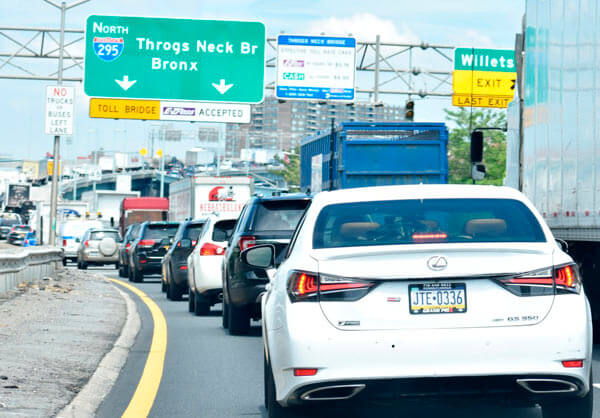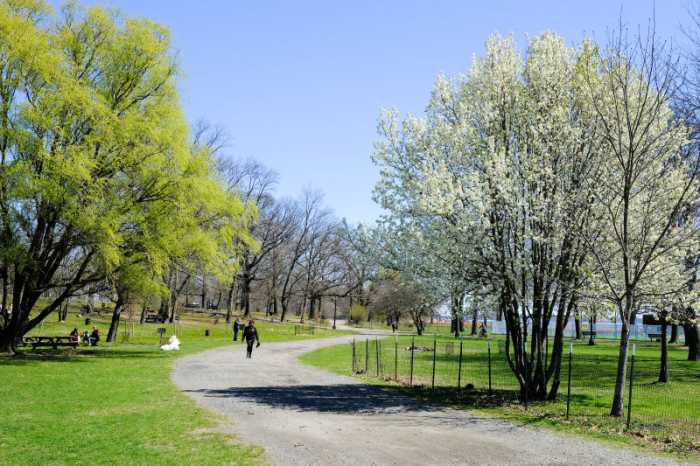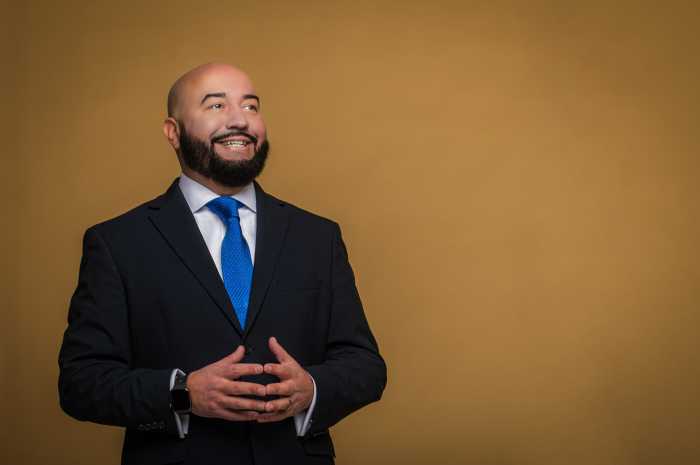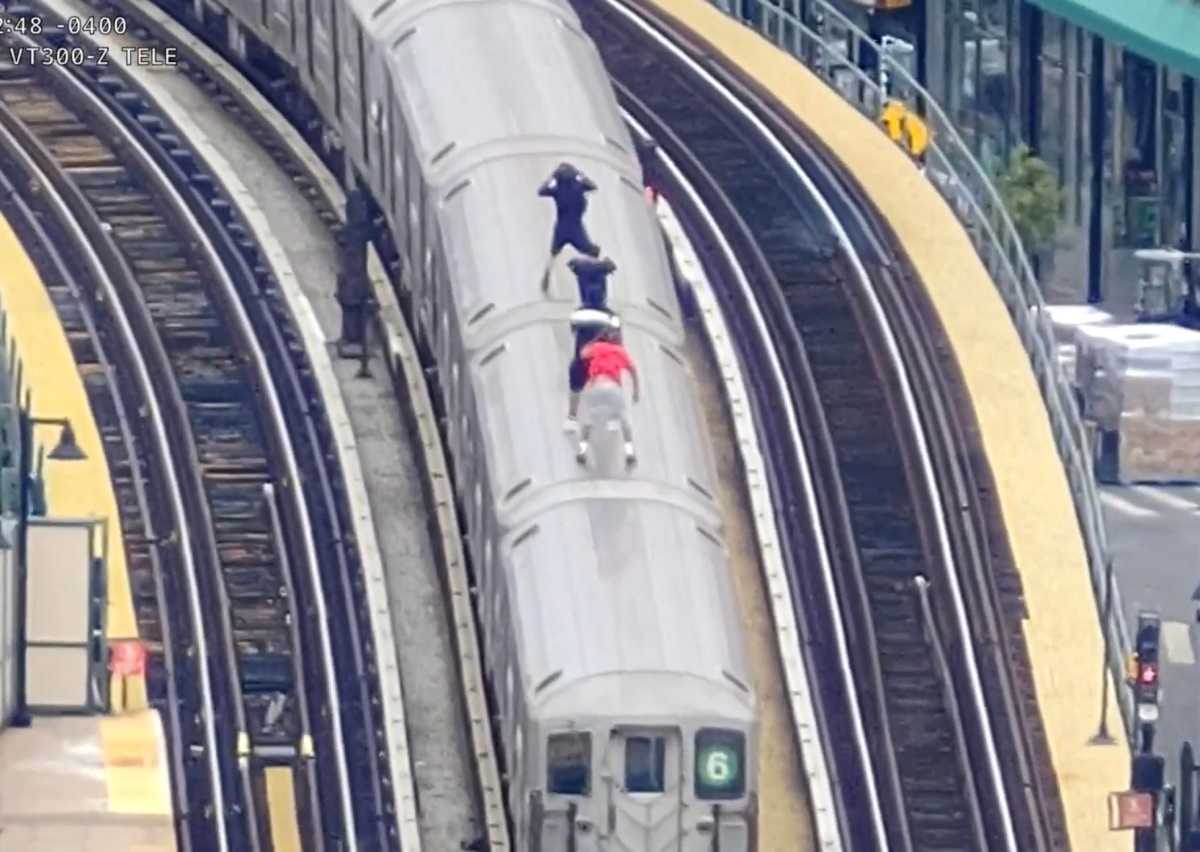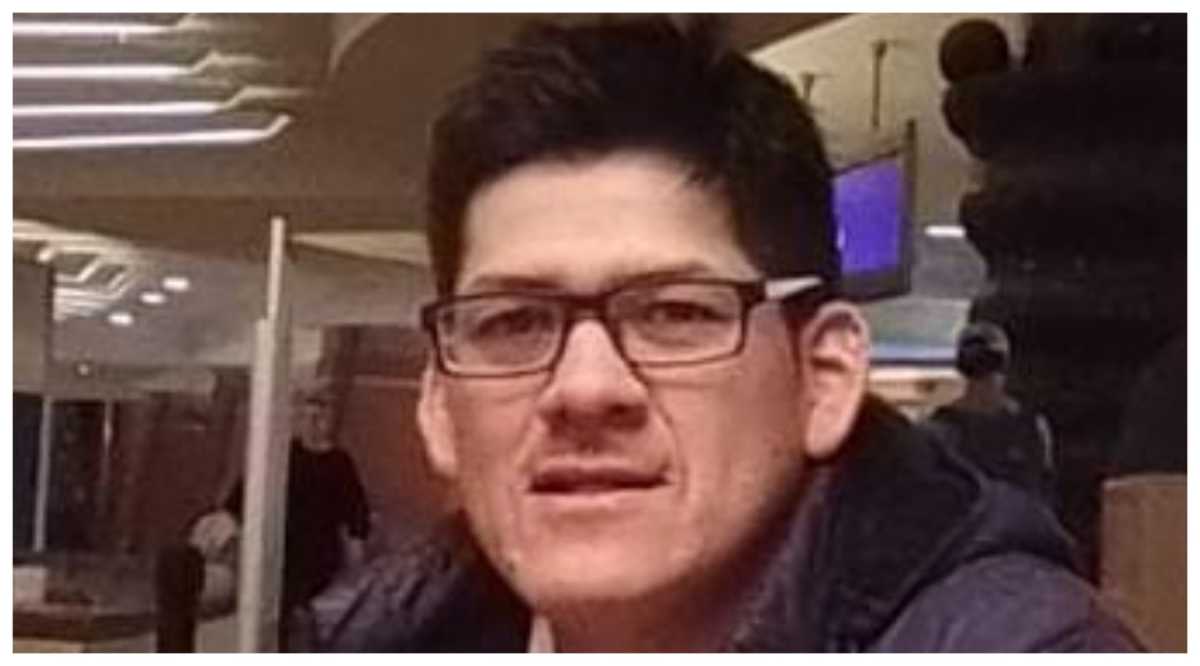To the Editor,
New York Metropolitan Transportation Authority’s proposed Congestion Price Tolling is politically sensitive. Congestion pricing may not kick in until January 2023 or later. Final details of who will pay still need to be established.
Since November 2019, former Gov. Andrew Cu
Completion of this requirement is now 23 months overdue. Elected officials will lobby for discounts or exemptions for police, fire, teachers, low income, NYC outer-borough residency, seniors, physically disabled, small commercial delivery businesses, users of electric vehicles or other special niches. These discounts or exemptions will be adopted to placate the constituents of elected officials running for reelection in 2021 or 2022. You can’t capture five years of toll revenues estimated to be $1 billion per year (leveraged to raise $15 billion in support of the MTA’s $51 billion 2020-2024 five-year capital plan) when you implement the program three years or more after 2020.
Late start for implementation, downturn in the economy, more people telecommuting full and part time along with a series of discounts and exemptions to tolls will result in billions of lost anticipated revenue.
Just how will the MTA bridge a future funding shortfall in the billions within the previously approved $51 billion 2020-2024 Five Year Capital Program? Like it or not, sooner or later, some difficult decisions will have to be made by MTA Chairman Janno Lieber and MTA board members.
Larry Penner

